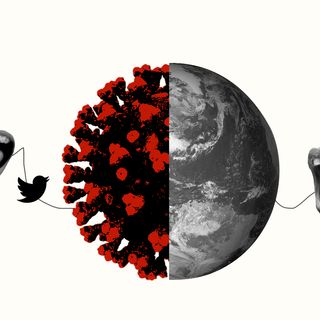New research published in Nature Communications confirms that placebos can help reduce emotional distress, even when the patients experiencing distress are clearly told they’re taking placebos. This research paves the way for further research into the possibility of psychologists/therapists turning the placebo effect into a safe, proven treatment with full transparency.
The placebo effect is “a beneficial health outcome resulting from a person’s anticipation that an intervention will help,” according to the U.S Department for Health and Human Services. Placebo interventions do not contain any active ingredients that can change the body’s physiological state. While placebos are often used as controls in scientific trials, importing their beneficial elements into real world treatments is ethically suspect without informing patients that they are taking a placebo.
This is where a non-deceptive placebo comes in. A non-deceptive placebo is an intervention that happens when the patient knows they are taking a placebo, and are aware of how the placebo effect works. While previous trials involving non-deceptive placebos have shown self-reported/behavioral positive changes, this study is the first time researchers observed neural changes that correlated to a reduction in emotional distress.
“[This] provides initial support that non-deceptive placebos are not merely a product of response bias – telling the experimenter what they want to hear — but represent genuine psycho-biological effects,” Ethan Kross, co-author of the study and a professor of psychology and management at the University of Michigan, said in a statement.
Related on The Swaddle:
Workout Supplements Aren’t the Magic Pill We Think They Are
In the experiment, researchers showed a group of people images that would elicit a negative emotional response. Then, they all read about the placebo effect, and inhaled a saline solution nasal spray that they knew was a non-deceptive placebo which contained no active ingredients. Via an electroencephalogram (EEG), researchers observed reduced activity in the brain’s biomarker for emotional distress within seconds of utilizing the non-deceptive placebo.
It’s important to note that placebos can only affect conditions and symptoms modulated by the mind. In this case, researchers believe that placebos actually have a chance at alleviating acute emotional distress and resultant chronic pain onset. Researchers write, “For psychiatric conditions, non-deceptive placebos may be used as co-interventions with existing therapies, especially for disorders in which emotion dysregulation is a core feature, such as depression and anxiety.”
Beyond clinical implications, researchers also believe non-deceptive placebos can offer alternative emotional regulation strategies, but stress that further research paths need exploration before non-deceptive placebos become real world interventions.




